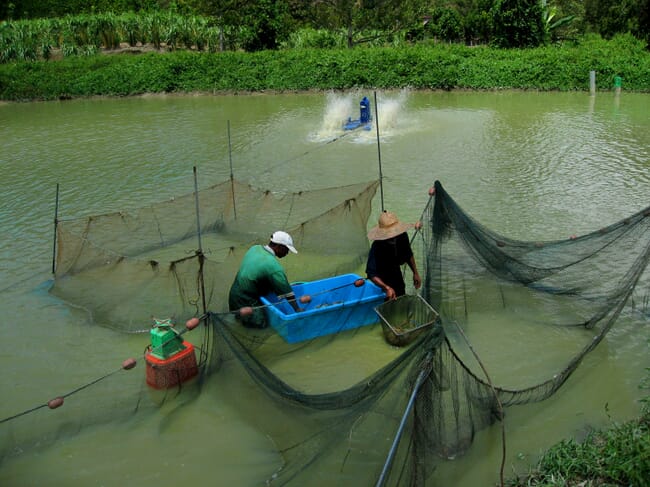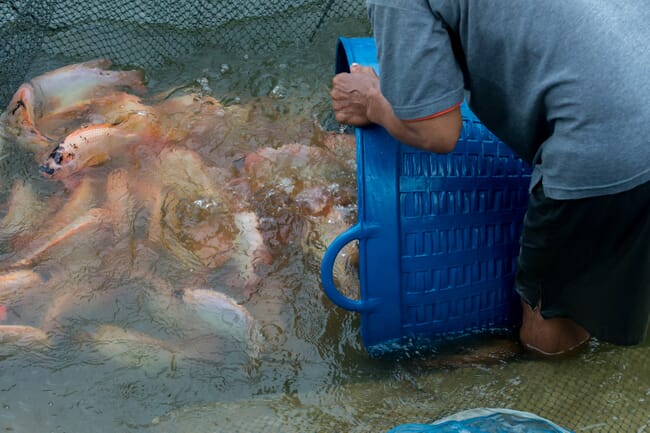
© Eng Wah Khoo
A recent webinar hosted by the FAO marked the start of the International Year of Artisanal Fisheries and Aquaculture (IYAFA). The gathering boasted a diverse set of panellists from a coalition of groups and hopes that the International Year will help empower and acknowledge those who participate in the small-scale sector.
They called for a world in which small-scale artisanal fishers, fish farmers and fish workers are fully recognised and empowered to continue their contributions to human well-being, healthy food systems and poverty eradication through the responsible and sustainable use of aquatic resources.
The launch event gathered small-scale artisanal fishers, fish farmers, fish workers, governments and other key supply chain actors to relate innovations and build and strengthen partnerships at all levels. They also focused on developing a strategy for the implementation of FAO’s Voluntary Guidelines for Securing Sustainable Small-Scale Fisheries in the Context of Food Security and Poverty Eradication to guide global dialogue, policy and action.
“Millions of poor people make their living from farming fish, and their numbers are growing all around the world, especially in Africa where they contribute increasingly to regional food and nutrition security,” said Rohana Subasinghe, WorldFish scientist and IYAFA International Steering Committee Vice-Chair.
Though often unseen and informal, artisanal aquaculture and small-scale fisheries are essential to nourishing the poor and vulnerable and providing meaningful work in rural communities.
“Aquaculture supplies food that is essential to keeping our growing population fed, currently contributing about 17 percent of the total per capita consumption of animal protein. This is particularly important for food deficit countries, where aquatic animals and plants are highly nutritious and offer unique health benefits,” said Subasinghe.
Panellists spoke of the unique role fish and aquatic foods have in ushering a food systems transformation to change how the world produces, consumes and thinks about food.
“As the leading agency for this international year, the FAO will continue to highlight the importance of artisanal small-scale fisheries and aquaculture to the transition to more inclusive, equitable, resilient and sustainable food systems,” said FAO Director General Qu Dongyu.

The key aims of IYAFA are to promote aquatic foods’ contributions to healthy diets, increase the adaptive capacity of aquatic food systems to climate change and recognise fishers and fish workers as custodians of natural resources tasked with their sustainable use.
During the discussion, the panellists said that the IYAFA could bring visibility and increased attention from policymakers. Incorporating this sector into broader food policy could help revamp global food systems and make them more sustainable.




